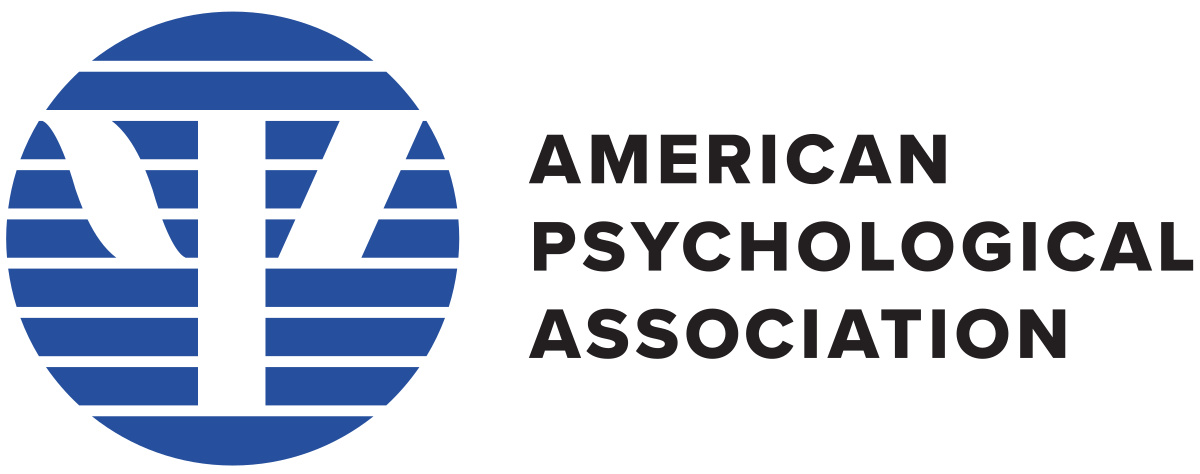by Nicole Zillmer
Posted on June 24, 2021

Recent major national policy reports have declared that high achieving school (HAS) environments put children at risk of psychological trauma with effects similar to those caused by poverty, abuse, and discrimination. Authentic Connections’ own research has shown that, indeed, children growing up with excessive pressure to succeed show shockingly high rates of anxiety and depression, especially when compared with national norms. That said, while many research programs have examined the effects of poverty, trauma, and family dysfunction on children’s well-being, the question of how HAS risk factors, specifically, impact well-being has gotten little attention. Further, there has been almost no research on the long-term consequences in adulthood of growing up in the HAS context.
To address this research gap, Authentic Connections analyzed data from a study of hundreds of HAS students in suburban New England. As 12th graders, participants completed questionnaires about serious childhood abuse and neglect (traditionally called Adverse Childhood Experiences, or ACEs), as well as more subtle aspects of family dysfunction (like parental depression or criticism) that might arise in a high-pressure environment (Proxy ACEs, or P-ACEs). Finally, these 12th graders answered questions from a widely used assessment of depression, anxiety, and rule-breaking (the Youth Self Report).
As young adults several years later, participants answered the same questionnaires and were asked if they had ever received a psychiatric diagnosis. The impact of both ACEs and Proxy ACEs on immediate well-being was clear: the more adverse experiences a youth was exposed to, the more likely he or she was to report depression and/or anxiety. Even more critically, adverse experiences reported in 12th grade were strongly related to psychological symptoms and diagnoses in adulthood. Participants with at least one ACE were twice as likely to receive a diagnosis than participants who reported zero ACEs in high school.
In general, the most commonly reported ACEs were aspects of emotional maltreatment, parental divorce, and parental mental health problems. This may not be surprising, since like their children, HAS parents also face ongoing pressures that can increase their own stress. These stressors have the potential to aggravate negative parenting behaviors, to increase family disharmony, and to lead children to perceive their parents as unavailable or harsh. In fact, exposure to P-ACEs – best described as family dysfunction and alienation rather than outright abuse – also had a clear, significant impact on adulthood symptoms and diagnoses.
What can we learn from this? It is all too easy to assume that HAS students, with the resources available to them, should be able to rebound from their struggles relatively easily. Seeing evidence of the long-lasting impact of adverse childhood experiences, however, makes it very clear that any resources currently in place are not enough. Further, any newly developed support systems for children in the HAS context should integrate some level of support for children’s primary caregivers. Programs like Authentic Connections Groups have shown improvements in mothers’ personal distress, parenting, and burnout. Future research may show that by bolstering parents’ well-being, we might in turn enhance the well-being of their children.
Finally, our results indicate that HAS schools can identify psychologically at-risk children without asking them directly about overt abuse in the home. With the P-ACEs questionnaire as a resource at schools’ disposal, we hope that fewer vulnerable children will fly under the radar and more will receive the support they need.
Read the Full Paper →
Coming Soon!